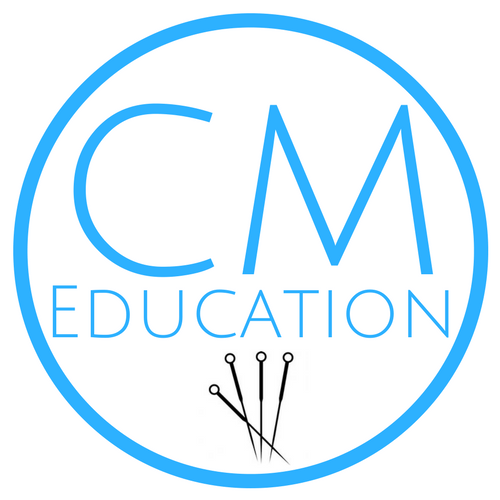Principles of TCM with Tony Reid
How to Enhance Your Diagnostic Skills for Successful Practice
(Please note: This course is in 3 Modules. Each is sold separately & you can see the other modules below on this page. This is the purchase page for Module 2, but has information on the entire course.)
This step-by-step self-study course is suitable for healthcare professionals, especially:
- New graduates of TCM who wish to deepen their knowledge
- Acupuncturists who wish to expand their TCM treatments
- Beginner, specifically practitioners of non-TCM modalities
Each chapter has multiple choice questions to consolidate your learning.
Table of Contents
Module One: Foundations (this module)
- Preface
- How to Approach This Course
- Introduction: Historical Background
- Chapter 1: The Fundamental Concept: Qi
- Chapter 2: Yin-Yang Theory: The Principle of Complementary Opposites
- Chapter 3: The Five Elements (wu xing): the Divisions of Cyclic Change
- Chapter 4: The Internal Organs (zang-fu)
- Chapter 5: The Basic Physiological Substances (ji ben wu zhi)
Module Two: Etiology & Diagnostic Methods
- Chapter 6: Etiology (bing yin) – Part 1:
- The Six Endogenous Pathogens (liu yin)
- The Five Endogenous Pathogens (wu xie)
- Chapter 7: Etiology (bing yin) – Part 2:
- Emotional Factors
- Diet, Work & Rest
- Pathogens derived from Qi, Blood and Body Fluids
- Pathogenesis (bing ji)
- Chapter 8: The Eight Principles (ba gang)
- Chapter 9: Diagnostic Methods (zhen fa) – Part 1: Inspection and Case History Taking
Module Three: Pattern Differentiation & Treatment Methods
- Chapter 10: Diagnostic Methods (zhen fa) – Part 2: Examination of the Tongue
- Chapter 11: Diagnostic Methods (zhen fa) – Part 3: Examination of the Radial Pulse
- Chapter 12: Syndrome Differentiation (bian zheng) – Part 1: The Qi; Blood; body Fluids
- Chapter 13: Syndrome Differentiation (bian zheng) – Part 2: Liver; Heart
- Chapter 14: Syndrome Differentiation (bian zheng) – Part 3: Spleen; Lung
- Chapter 15: Syndrome Differentiation (bian zheng) – Part 4: Kidney; Dual Organ Syndromes
- Chapter 16: Syndrome Differentiation (bian zheng) – Part 5: The Fu Organs
- Chapter 17: Treatment Principles (zhi liao fa ze)
- Chapter 18: Classification of Herbal Formulas
- Appendix 1:
- Syndromes of the Six Channels: Shang Han Theory (Cold-induced diseases)
- Syndromes of the Four Aspects: Wen Bing theory (Warm diseases)
- Appendix 2:
- The Four Great Schools of TCM in the Jin-Yuan dynastic period
- Appendix 3:
- Glossary of TCM Terminology
- TCM Theories and Concepts
- Diagnosis
- Treatment
Extras*
- Bibliography, online sources & recommended texts for advanced exploration)
*”Extras” are included with all 3 modules
Details
This course is unfortunately no longer available for purchase

Hey, just finished the course. It is ok but it needs more content. I would love to see some videos deepening these concepts and some case studies to give students examples of what you are talking about. Some pictures of tongues, skin tones and other diagnosis aids would also help. Just having some generalised notes and quizzes is really not enough for a course you are charging for…even if it is only 135 AUD. Either way keep it up, the content was well written and it offers some support for TCM students in their first year.